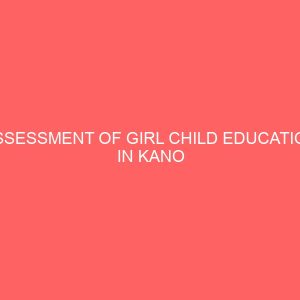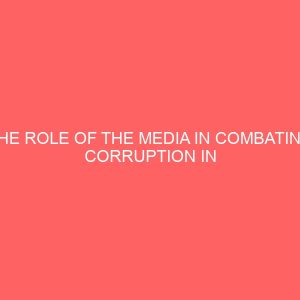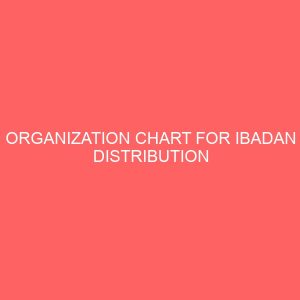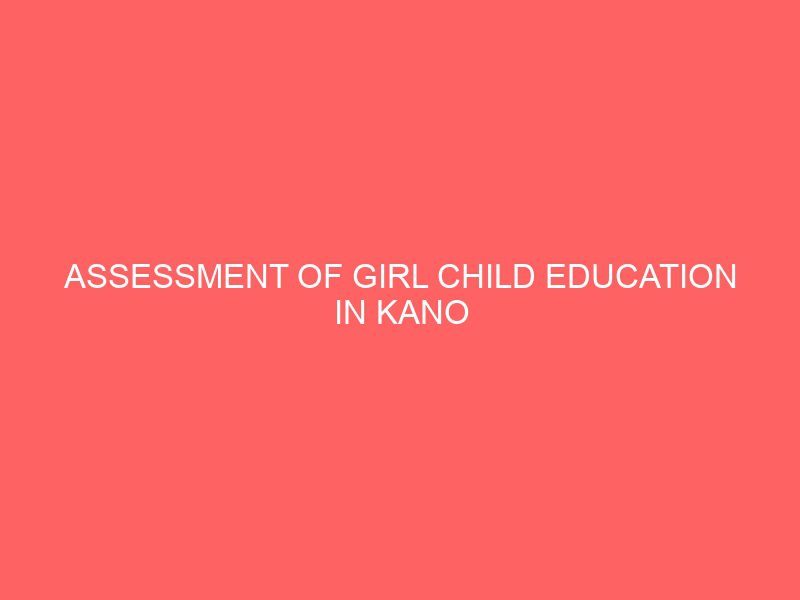Description
Abstract
Girl Child education has been a subject of serious concern in Nigeria. This is because this aspect of education has been bedeviled with problems especially in the Northern parts of the country. Researchers (Usman, 2007) and Daiyabu, 2008) have expressed concern about it and about the various forms of discriminations and sharp practices against the girl-child. Thus, this study assesses the Girl-child Education in Kano and reiterated on the degree at which identified factors i.e socio-cultural, religious and economic factors affect the girl-child education in the Kano Municipal Local Government Areas. The study adopted survey method as qualitative and quantitative research design. The sample consisted of 399 respondents randomly selected from the thirteen wards that constituted Kano Municipal Local Government Areas. Five research questions were raised and analysed using statistical methods i.e frequency distribution tables, simple percentages and cumulative frequency. The results revealed that socio- economic factors, socio-cultural affect participation of girl child in secondary education. The research work also showed that government policies and programmes have assisted in addressing the menace militating against Girl-child education and finally the research drawn conclusion that there exists a significant improvement in Girl-child education in Kano Municipal Local Government Area between 2010 to 2015 as percentage increased in female students enrolment in the end of session exams (WAEC) is greater than 10%. Based on these findings, it was recommended that girls should be given equal chance as boys in education there should be a legal support for girl-child education and government, immediate community members, parent cum religion leaders should play their respective roles in encouraging Girl child education in Nigeria.









Reviews
There are no reviews yet.